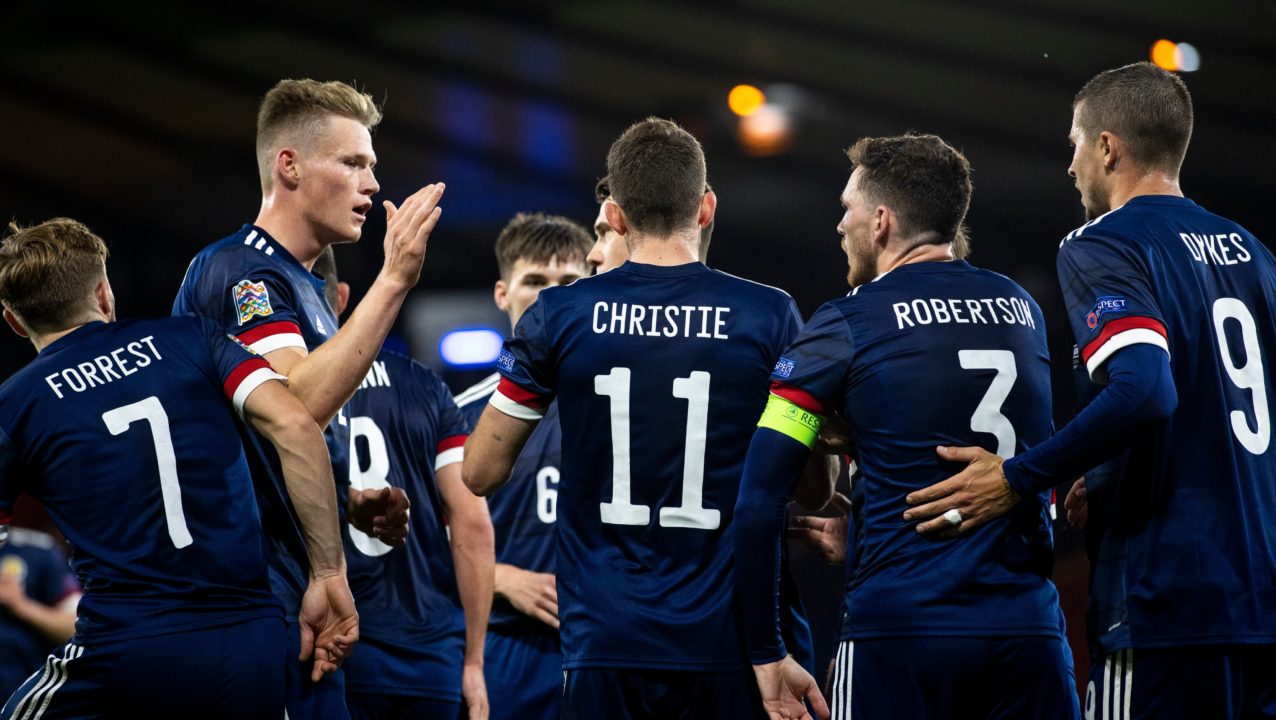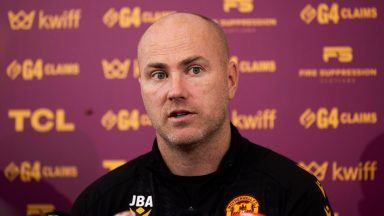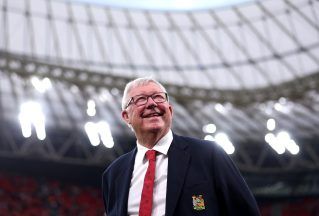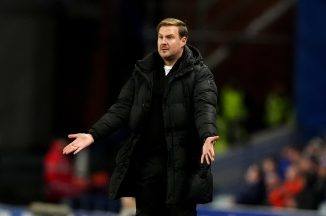Browsing through Israeli media in the build-up to the nation’s Euro 2020 clash with Scotland, one article jumped out.
Two journalists were asked to argue their opposing views on their national team’s chances and the argument was summed up as “on the one hand, the team has enough talent to give what is needed and bring victory. On the other hand, this is the Israel team, it tends to screw up.”
Substitute Scotland for Israel in that sentence and it’s easy to empathise. Eleven qualification campaigns have been and gone since our national team last appeared at a major tournament and a debate about the reason why could last until the opening ceremony of the next one.
Talented players like Darren Fletcher, Barry Ferguson, James McFadden and Scott Brown have all begun and ended their international careers in that time, along with plenty of teammates you would consider good enough to reach a World Cup or a Euros. But while there have been near misses, it’s rarely been the case that better sides have simply shown their class without a Scotland side shooting themselves in the foot somewhere along the way.
Looking ahead to the second chance on offer with the Euro 2020 play-offs, and Thursday’s semi-final at Hampden against Israel, it’s easy to have both arguments in mind.
There’s the fervent hope to see a team comprised of players from the top clubs across English and Scottish football play to their best level and stride past a team 40 places lower in the FIFA rankings. And there’s the silent wish that wobbles in recent performances aren’t the precursor to a bigger crash.
The two opposing ideas both deal with what Steve Clarke and his players can control, though Wednesday brought a reminder of the third factor that could have a major say in Scotland’s bid to reach Euro 2020: luck.
After spending months planning his approach to the play-off, experimenting with formation and line-ups with one game in mind, Clarke’s plans were rocked on the eve of the match with news that Southampton midfielder Stuart Armstrong had tested positive for coronavirus.
Armstrong had started Scotland’s last win, against Czech Republic, and came off the bench in the previous game against Israel. He wasn’t the only player ruled out though.
Ryan Christie, scorer of penalties on both previous games, has to self-isolate after contact with Armstrong, as does Kieran Tierney whose talent is such that Scotland have been experimenting with a new formation to fit him in the same side as Andy Robertson.
That trio, all likely to be in the plans to feature against Israel, were only the coronavirus casualties. First choice centre-back Scott McKenna, attacker Oliver Burke and right wing back Liam Palmer have all withdrawn with injuries.
Clarke is a meticulous planner and would certainly have a plan B and C for his first choices not being available. The situation he finds himself in would probably have him reaching for plan X or Y.
The former Kilmarnock boss is a pragmatist and will make the most of what he has available rather than bemoaning the fact that his plans have been shredded at the eleventh hour. But Clarke is also more optimistic than his demeanour would sometimes suggest and he was already finding positives on Wednesday even with the clock running down.
“We have a little bit of time to work on one or two different things, one or two different players coming into the team that maybe didn’t expect to play,” he said. “Although it is disappointing for the ones who have had to drop out because of the situation, the ones who are going to get a chance to play – what an opportunity.”
Even deprived of some major players, the squad should have enough talent to overcome Israel and start looking ahead to Norway or Serbia in next month’s final, but Clarke has to not only get the system and line-up right but ensure the right approach and mindset to make talent count and avoid the slip-ups that have been so costly in campaigns gone by.
He’s backed his choices since day one and the manager’s faith in the players was reiterated in the build-up to the game. He shrugged off suggestions that he would have to deliver a rousing speech to fire up his charges and impress on them the importance of the occasion, saying “I trust my players, their mentality and attitude to get it right on these big occasions.”
Clarke talked about “putting a smile on the nation’s face” and he was talking about the bigger picture and how sport can help lift spirits in the middle of a crisis. But his comments could be readily applied to anyone who has followed the team since 1998 through a combination of hard-luck tales, embarrassing slips and exasperating failures.
The remaining players have the talent, and every effort will be made not to screw it up. Tonight, everyone crosses their fingers that bad luck has made its only intervention and Scotland can get one step closer to ending decades of angst.


 SNS Group
SNS Group

























